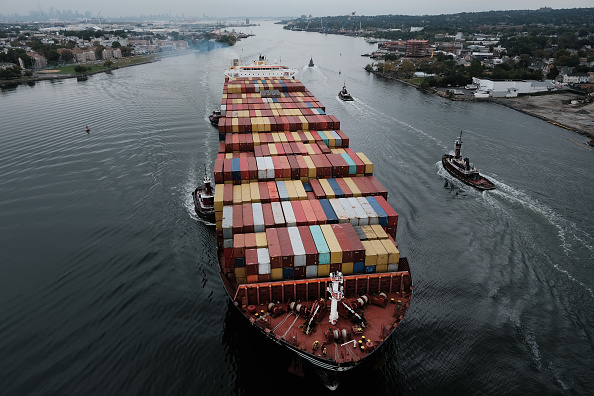Omicron curbs and roaring inflation could tip economies into double dip recessions, warns World Bank top economist

A return to strict restrictions on daily life to curb the spread of Omicron and roaring inflation could plunge the world’s leading economies into double dip recessions, according to the World Bank’s chief economist.
Speaking to The Telegraph, Carmen Reinhart, the organisation’s top economist, said the emergence of the new strain of coronavirus and historically high inflation “makes for a more halting double dip-like process.”
“I think the concerns of double dips are very real,” she warned.
A recession is defined as two successive quarters of shrinking output.
Inflation in the UK is running at its highest rate in over a decade, propelling to 5.1 per cent in November, according to the Office for National Statistics.
However, experts expect the already red hot inflation print to trend even higher in the coming months. The Bank of England expects inflation to scale to six per cent next spring.
“The combination of Omicron and rising inflation and a lot of uncertainty about inflation is also a global concern, and it’s important in having any confidence about recovery. In other words… we’re in for more disappointments,” Reinhart added.
Brits are bracing for a cost of living squeeze over the course of next year.
Research carried out by the Resolution Foundation published today found UK households could be facing a severe cost of living crunch, with bills swelling over £1,000 in 2022, driven higher by energy costs.
The downbeat assessment comes as economists are fretting over the Omicron variant’s potential to intensify inflationary pressures if it ignites an uptick in spending on goods triggered by countries shutting down services businesses again to tamp down on infections.
Large swathes of Brits ramped up purchases of goods during previous lockdowns due to services spending opportunities being choked off.
Stronger demand for goods is likely to heap further pressure on global supply chains, which have been gummed up for months as a result of demand soaring as countries emerge pandemic restrictions.